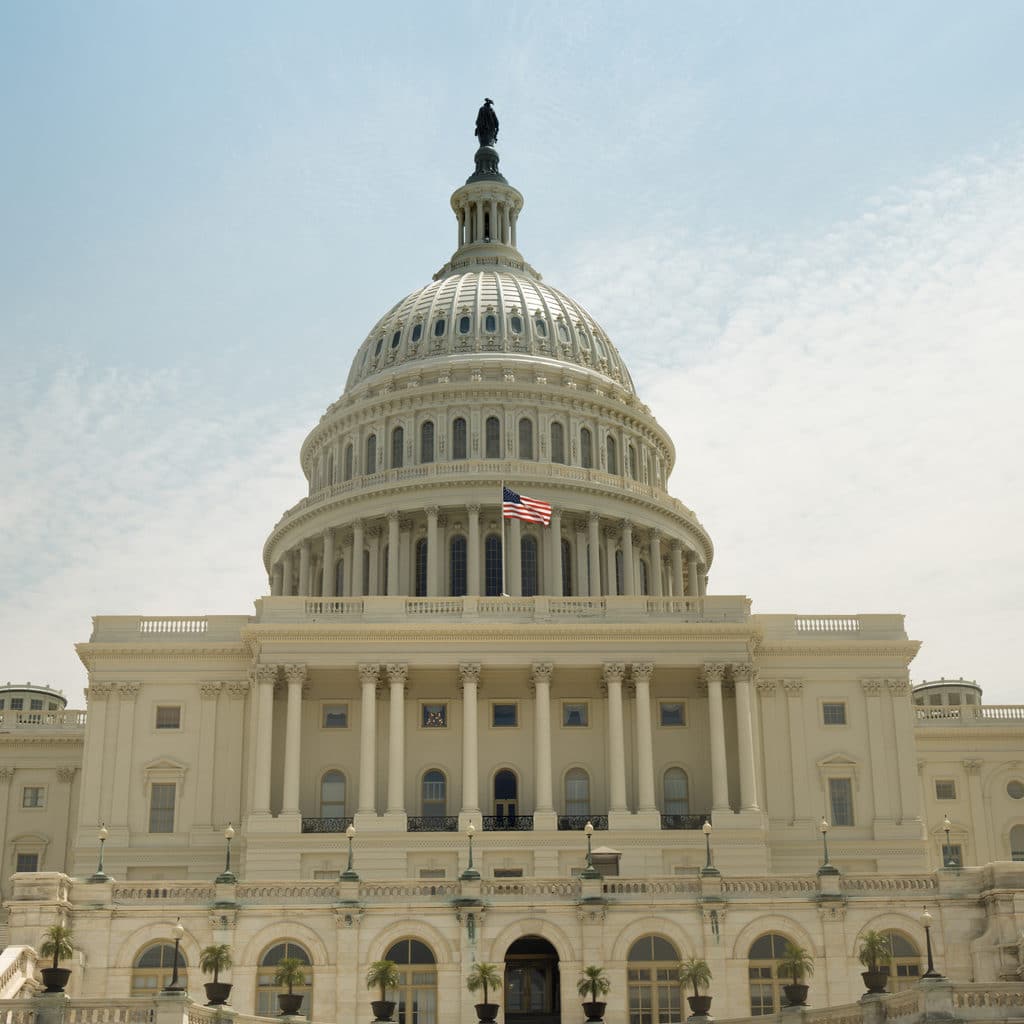On January 4, the U.S. House of Representatives approved rules for the 117th Congress. The rules include a new provision that prohibits House Members from disclosing the identity of whistleblowers who fall under the protection of federal whistleblower laws. Under the new rules, such a disclosure is a violation of the House’s Official Code of Conduct. The new rules also include a provision that codifies the Office of the Whistleblower Ombuds.
The new rule states that “a Member, Delegate, Resident Commissioner, or officer or employee of the House” may not willingly publicly disclose the “the identity of, or personally identifiable information about” a whistleblower who is protected by federal whistleblower laws. These laws include the Whistleblower Protection Act, the Civil Service Reform Act, and the Intelligence Community Whistleblower Protection Act. These three acts effectively cover any federal employee who blows the whistle on possible wrongdoing, including retaliation. Individuals found in violation of the proposed rule would be subject to disciplinary measures.
In November, House Majority Leader Steny H. Hoyer (D-MD) sent a letter to Chairman Jim McGovern (D-MA) of the House Committee on Rules arguing for the adoption of this rule. In his letter, Leader Hoyer wrote: “Without vigorous oversight that includes encouraging federal employees who see wrongdoing to report it anonymously and without fear of retribution, Congress cannot hold the executive officials, including the president and his appointees, to account or enact laws that serve the people it represents. Members of Congress who would willfully undermine their own institution’s ability to conduct oversight by revealing or threatening to reveal the identities of whistleblowers must face consequences.”
Leader Hoyer further noted that the rule was inspired by the actions of House Members who threatened to expose the identities of whistleblowers alleging misconduct by the Trump Administration. Most notably, House Members, as well as President Trump himself, threatened to disclose the identity of the Ukraine whistleblower whose allegations led to the President’s impeachment trial. Leader Hoyer wrote in the letter that “many of our colleagues and much of the American public were appalled and disgusted last year to see various Members of the House and Senate threaten to out whistleblowers who, at great risk to their personal and professional security, came forward to report their concerns regarding President Trump’s July 25, 2019 conversation with Ukraine President Zelensky.”
In addition to the provision prohibiting the disclosure of whistleblowers’ identities, the new rule package codifies and permanently establishes the Office of the Whistleblower Ombuds. The Office, renamed in order to be gender-neutral, is tasked with promulgating “best practices for whistleblower intake for offices of the House” and providing “training for offices of the House on whistleblower intake, including establishing an effective reporting system for whistleblowers, maintaining whistleblower confidentiality, advising staff of relevant laws and policies, and protecting information provided by whistleblowers.”
Read the Resolution Adopting the Rules of the House of Representatives for the 117th Congress
